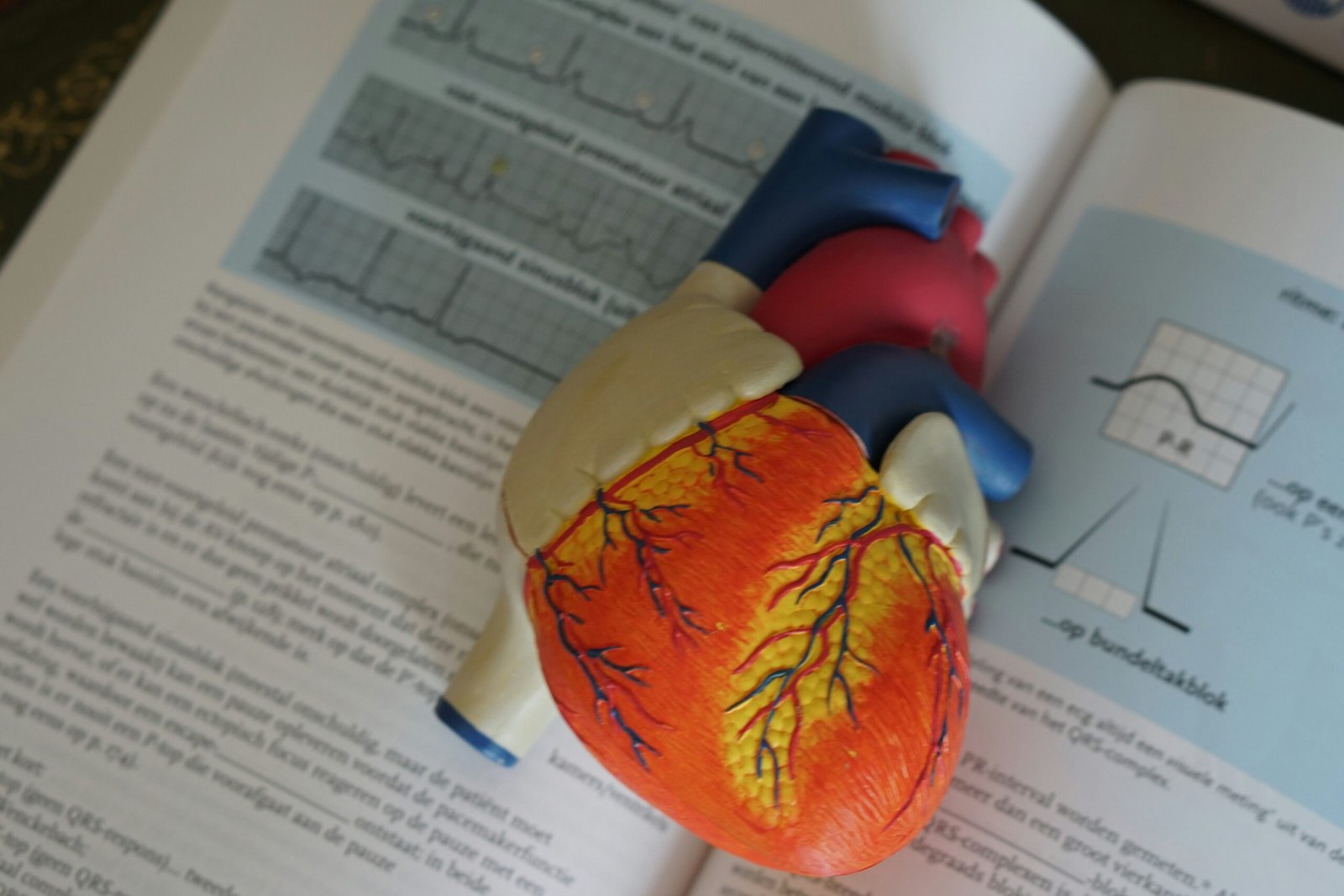The 5 Best Vegetables for Heart Health After 50 and Why They Are the Best
January 29, 2024 | by healthyandwealthyover50.com

As we age, it becomes increasingly important to prioritize our heart health. One of the most effective ways to do this is by incorporating a variety of nutrient-rich vegetables into our diet. Vegetables are not only low in calories and high in fiber, but they also contain a wide range of vitamins, minerals, and antioxidants that can support heart health. In this article, we will explore the five best vegetables for heart health after 50 and discuss why they are the best choices.
1. Leafy Greens
Leafy greens, such as spinach, kale, and Swiss chard, are excellent choices for heart health. These vegetables are packed with vitamins A, C, and K, as well as folate and potassium. They are also rich in dietary nitrates, which have been shown to help lower blood pressure and improve overall cardiovascular health. Additionally, leafy greens are low in calories and high in fiber, making them a great choice for weight management.
2. Tomatoes
Tomatoes are not only delicious but also incredibly beneficial for heart health. They are a rich source of lycopene, a powerful antioxidant that has been linked to a reduced risk of heart disease. Lycopene helps to lower levels of LDL cholesterol, reduce inflammation, and prevent the formation of blood clots. Tomatoes are also high in vitamins A and C, potassium, and fiber, making them a heart-healthy addition to any diet.
3. Bell Peppers
Bell peppers, whether red, yellow, or green, are another fantastic vegetable for heart health. They are packed with vitamins A, C, and E, as well as potassium and fiber. Bell peppers are also rich in antioxidants, particularly flavonoids, which have been shown to reduce the risk of heart disease. Additionally, the capsaicin found in bell peppers may help to lower cholesterol levels and improve blood circulation.
4. Broccoli
Broccoli is often referred to as a superfood, and for good reason. It is rich in vitamins C and K, as well as folate, fiber, and antioxidants. The sulforaphane found in broccoli has been shown to reduce inflammation and oxidative stress, both of which can contribute to heart disease. Additionally, the fiber in broccoli can help to lower cholesterol levels and improve digestion, further supporting heart health.
5. Garlic
While technically not a vegetable, garlic is a powerful addition to any heart-healthy diet. It contains a compound called allicin, which has been shown to have numerous cardiovascular benefits. Allicin helps to reduce blood pressure, lower LDL cholesterol levels, and prevent the formation of blood clots. Garlic also has anti-inflammatory properties and can improve overall blood circulation. Adding garlic to your meals can not only enhance the flavor but also provide significant heart-protective effects.
When it comes to heart health, incorporating a variety of vegetables into your diet is key. The five vegetables mentioned above – leafy greens, tomatoes, bell peppers, broccoli, and garlic – are particularly beneficial due to their nutrient profiles and specific heart-protective properties. However, it’s important to remember that no single food can guarantee heart health. A well-rounded diet, regular exercise, and other healthy lifestyle choices are all essential for maintaining optimal cardiovascular well-being.
By making these vegetables a regular part of your meals, you can take a proactive approach to supporting your heart health after the age of 50. Whether enjoyed in salads, stir-fries, soups, or roasted as a side dish, these vegetables are not only delicious but also provide a host of benefits for your heart.
RELATED POSTS
View all


